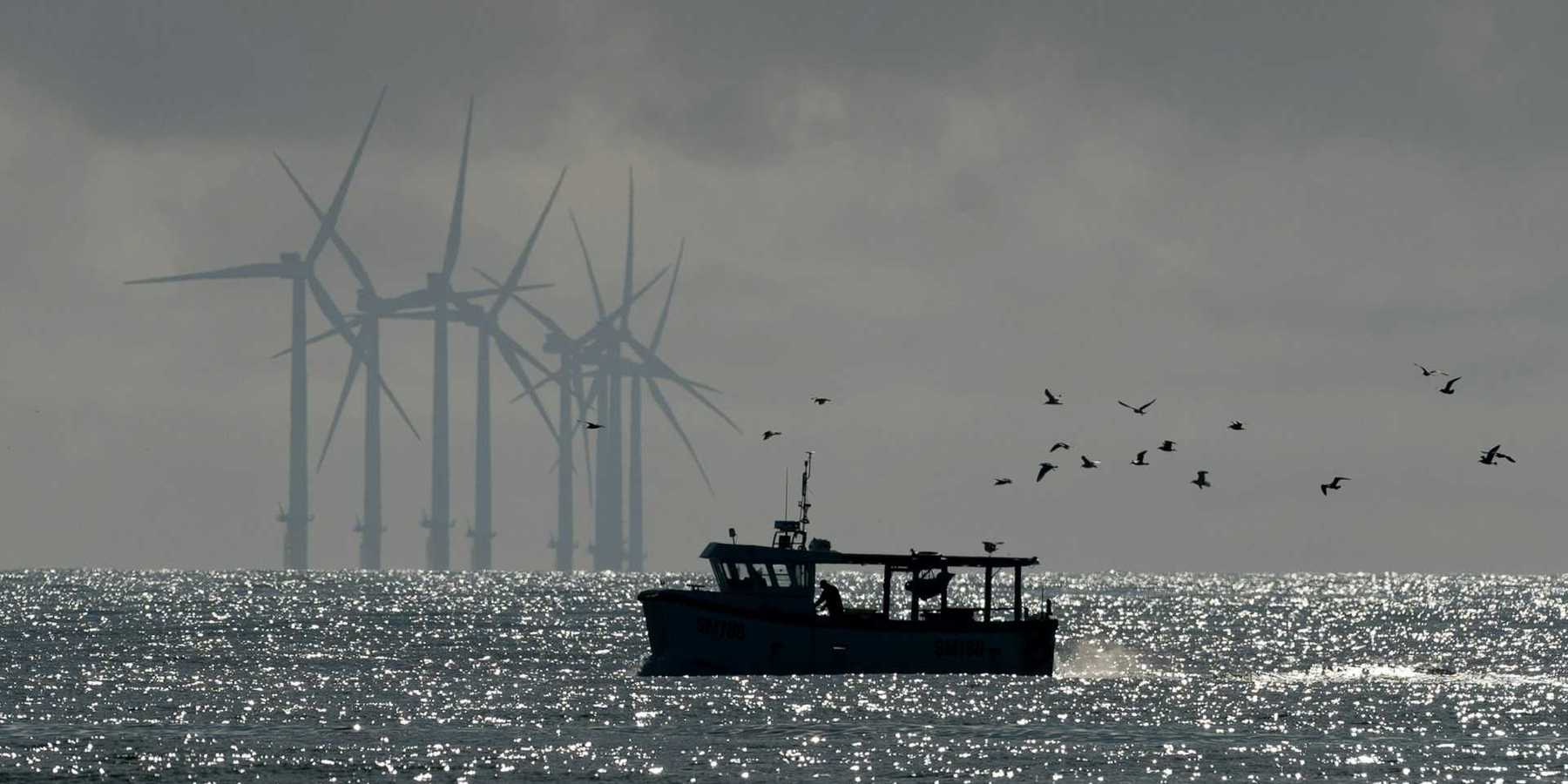Scientists urge Canada to address emerging water contaminants in the Great Lakes
Scientists studying unregulated contaminants are calling for coordinated action from Ontario and federal governments to protect water and health in the Great Lakes region.
Fatima Syed reports for The Narwhal.
In short:
- Emerging contaminants like pharmaceuticals, microplastics, and PFAS are not being removed by Ontario's outdated wastewater treatment systems.
- These contaminants pose a threat to the Great Lakes, which supply drinking water to millions and are home to diverse ecosystems.
- Other Great Lakes states, like Michigan and New York, have implemented measures to reduce these contaminants, putting Ontario behind in environmental protection.
Key quote:
“Contaminants keep changing and growing. We’ll get much more. Are we really going to wait to see humans impacted before we start addressing this?”
— Rania Hamza, civil engineering professor at Toronto Metropolitan University.
Why this matters:
The presence of unregulated contaminants in the Great Lakes poses serious risks to human health and the environment. With millions relying on the Great Lakes for water, comprehensive measures are essential to prevent long-term ecological damage and negative health impacts. Read more: Long-banned toxics are still accumulating in Great Lakes birds—as new chemical threats emerge.













